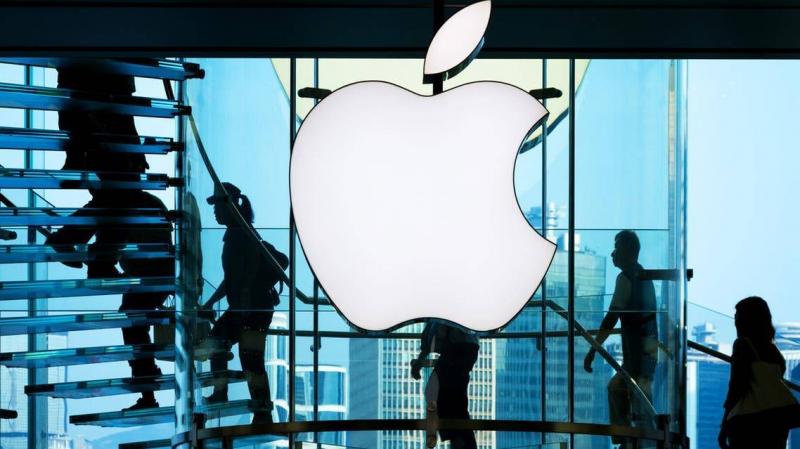Apple was forced to halt production of the iPhone and iPad for several days when it was supposed to ramp up operations, according to a report by Nikkei Asian Review. It became clear that the company was not immune to the global supply chain shortages, despite its massive purchasing power. The tech giant had previously lowered its production targets for the iPhone 13 this year and had to cut iPad production to allocate more components to its flagship mobile devices. However, this is the first time in a decade that the company has had to stop operations in its factories during Golden Week in China.
Apple's factories typically increase production during the Chinese holidays in early October, operating around the clock to meet holiday shopping demands. This year, it reportedly gave its workers time off instead. A supply chain manager told the newspaper that when there is a very limited number of components and chips, it does not make sense to pay extra wages for workers to work during the holidays. As a result, people considering getting a new iPad or iPhone as gifts for the year-end holidays may not receive the devices on time.
The newspaper states that supply chain issues began before the pandemic when Chinese companies blacklisted by the U.S. stocked up on inventories to survive the sanctions. However, COVID-19 lockdowns in Malaysia and Vietnam due to the Delta variant severely impacted the production of many components and electrical chips. The bottlenecks were often not due to shortages of the most expensive components of the devices, but rather due to cheaper peripheral parts. Component manufacturers without the same purchasing power fall to the back of the line when it comes to raw materials.
For example, the delay in the iPhone 13 Pro Max is related to small peripheral devices that cost only a few cents. Apple CEO Tim Cook previously stated that the company lost $6 billion in the quarter ending in September due to supply chain constraints, and he believes it could lose more in the last quarter of the year.
It remains to be seen if the company will continue to enjoy the same level of demand by the time it possesses the components necessary to manufacture its devices. Furthermore, the Nikkei Asian Review report indicates that the company has informed suppliers that demand for the iPhone 13 remains strong, with plans to accelerate production of its components for November, December, and January, according to the Arabic news portal for technology. A previous report from Bloomberg warned that the company had informed suppliers that demand for its largest revenue source had weakened ahead of the holidays.




